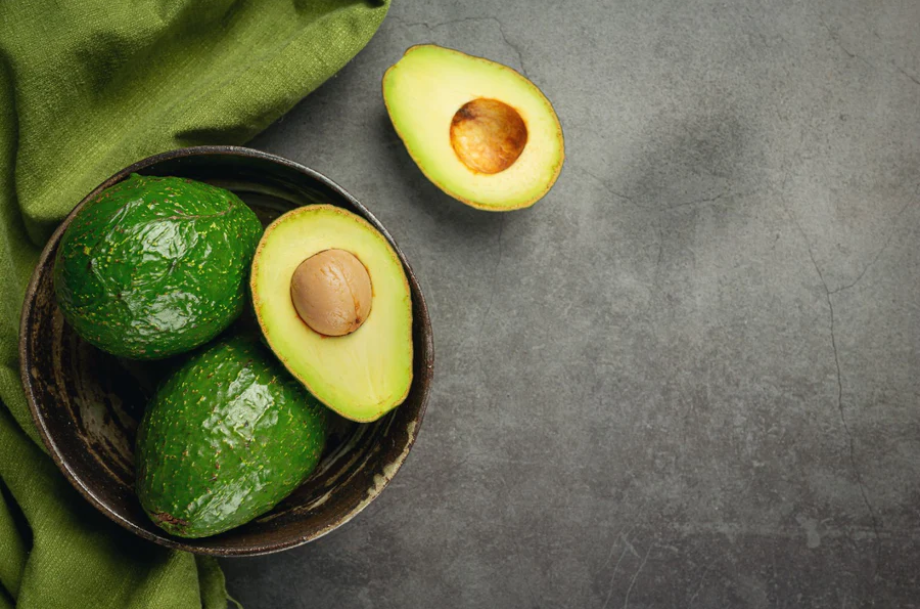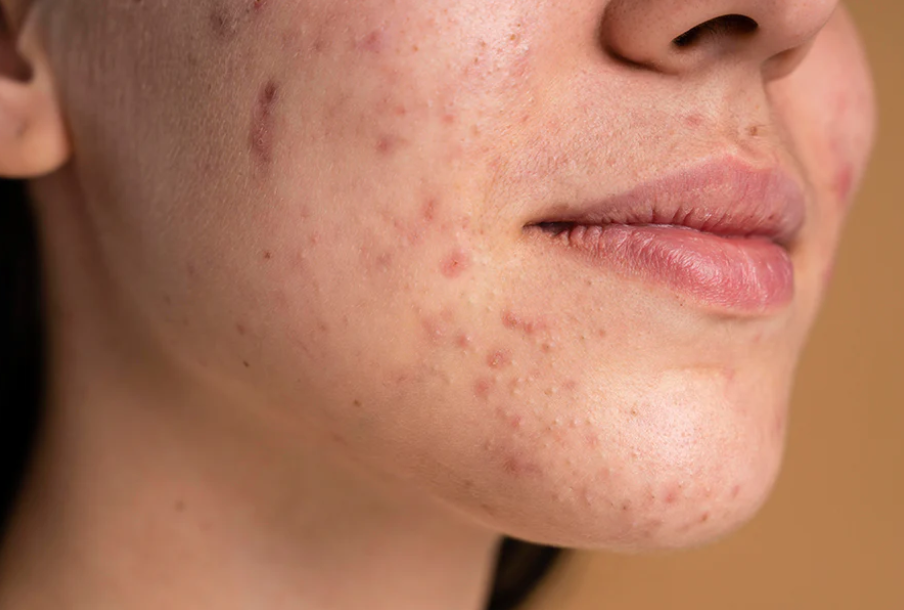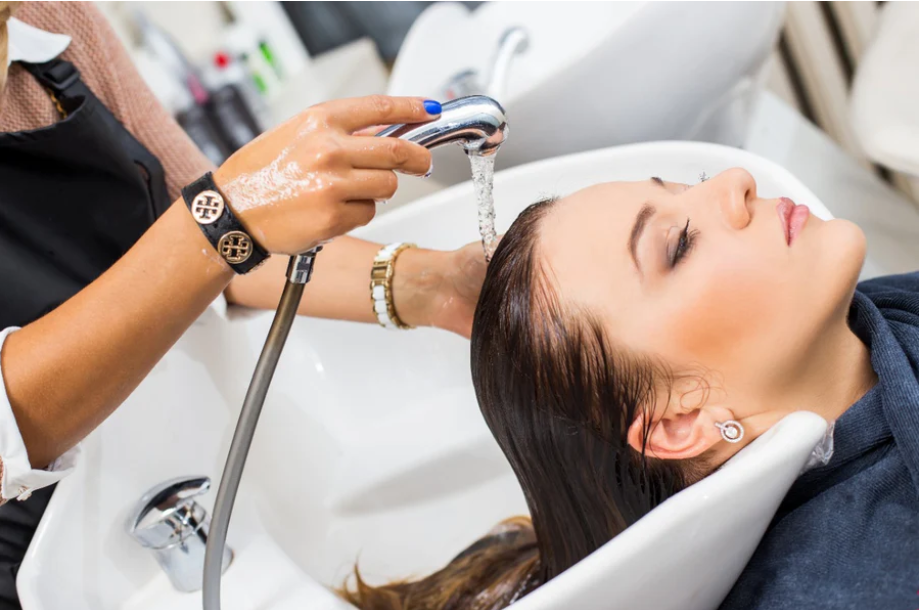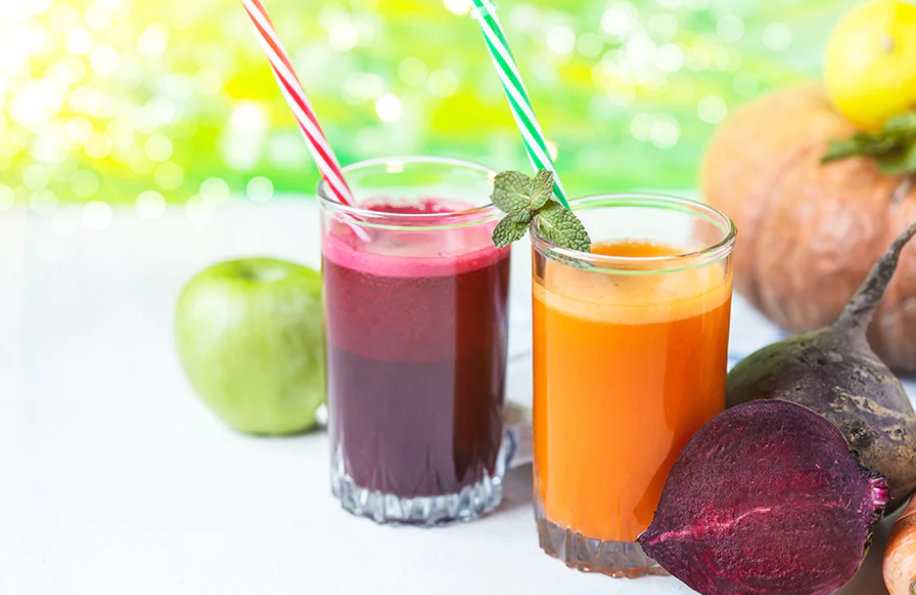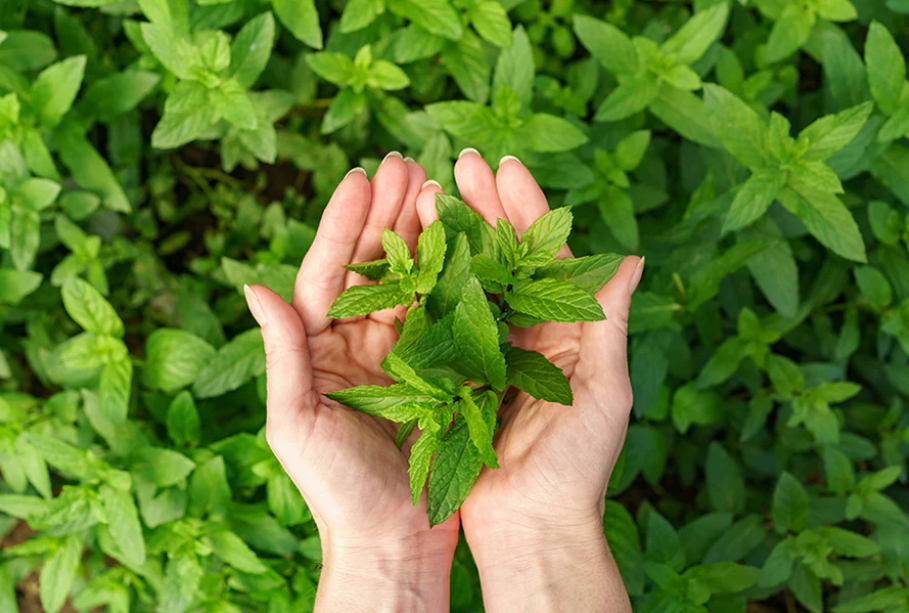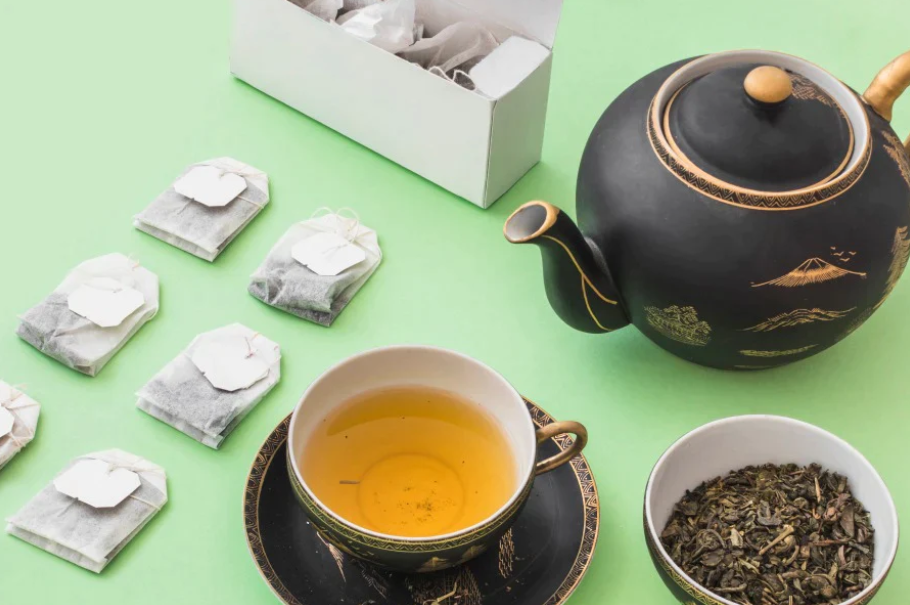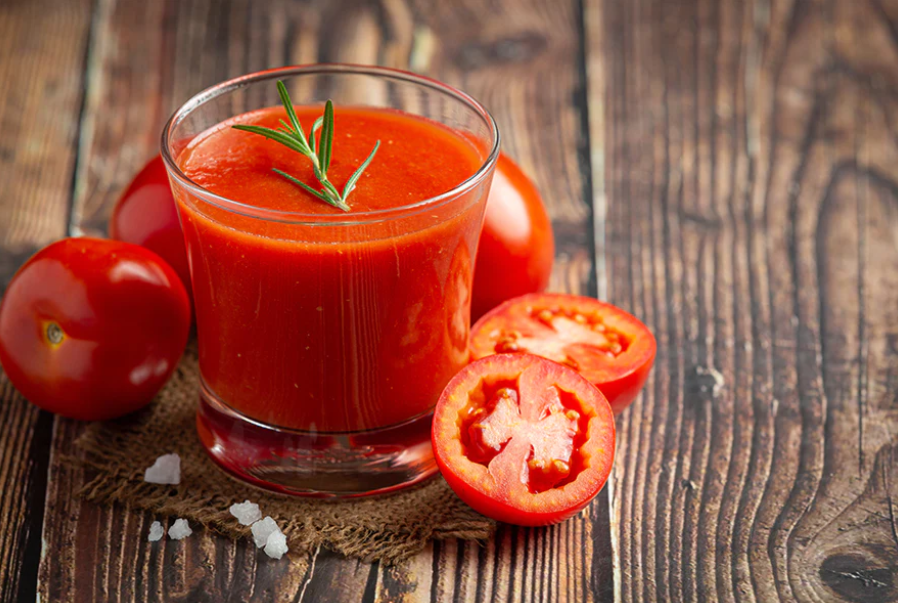As clear, glowing skin is the new trend, acne scarring and pimples are a major problem for youth. Multiple reasons can cause acne or pimples on the skin. Most pimples are caused by hormonal imbalances such as PCOD or PCOS, stress, obesity, medication, excess sebum, and medications. Executions can also be caused by the use of unsuitable makeup products, creams or lotions.
People use pimple patches, which are very trendy nowadays to get rid of their pimples. Pimples can be described as red, inflamed bumps on the skin. Pimples can occur anywhere on the body. It can affect self-esteem. To get rid of it, people try many new products that are trending in the markets.
Clear spotless skin is the ultimate goal for every person. There are many skin types, so there are DIY face masks that you can easily make at home. Face masks can reduce excess sebum production and clogged pores.
Let’s take a look at some DIY face masks that can be used for all skin types and are especially beneficial for those with oily or acne-prone skin.
These face masks can help reduce pimple breakouts.
1. Face mask with honey and lemon juice
Honey has an antimicrobial properties that helps reduce the appearance of acne and other skin conditions. Lemon acts as an astringent for your skin.
Instructions and ingredients
- Mix 1 tablespoon honey with half a tbsp of lemon juice in a bowl. Apply the mixture to your skin.
- Let it sit for between 10 and 15 minutes, then rinse off with warm water.
- Use diluted lemon juice to avoid skin irritation.
- This mask should be used thrice per week.
2. Aloe vera and Turmeric face mask
Both Aloe vera (and turmeric) have anti-inflammatory properties. Aloe vera has a soothing effect on the skin. It is also known to be a cooling agent, which gives the skin a cool sensation. Turmeric has anti-microbial qualities and can help reduce acne and pimples, as well as keeping skin glowing and healthy.
Instructions and ingredients
- One tbsp freshly extracted aloe gel and half a tbsp turmeric are required.
- Combine the ingredients and use it to massage the face for between 10-15 minutes.
- This mask can be used twice per week.
3. Multani Mitti And Rose Water Face mask
Multani mitti works best for oily or acne-prone skin because it removes excess oil and dirt. It is also anti-inflammatory. Rosewater has a cooling and soothing effect on the skin.
Instructions and ingredients
- Mix 1 tbsp Multani mitti with rose water and mix well. Apply the mask. After drying, wash it off.
- Two times per week.
4. Turmeric and Aloe vera Face Pack
Aloe vera, turmeric and turmeric, are both anti-inflammatory ingredients that may help to keep your skin healthy and clear.
It is necessary
- 1 teaspoon fresh aloe vera pulp
- 12 teaspoons turmeric
Procedure:
- You can mix the aloe vera pulp in a blender.
- Mix it in a bowl and add the turmeric.
- Place the mask on your face for about 15-20 minutes.
- It can be washed off with warm water, then dried.
- Rep 2-3 times per week.
4 Night Face Packs for Pimples
We are sharing DIY face masks because there are so many face masks available. We love learning about new cosmetic products and we also enjoy the natural ingredients. These are easy to make overnight face mask at-home recipes:
1. Tomato faces mask
Most suitable for acne-prone skin
Because it is a natural astringent, a tomato overnight mask is great for acne-prone skin. This revitalizing treatment restores the skin’s natural glow. Because of its cooling properties, this face mask is especially effective in soothing sunburns.
You’ll require:
- one tomato
- Two tablespoons raw milk
Preparations:
- Combine tomato and raw milk until you get a paste.
- Spread the paste evenly on your face.
- Leave it on overnight and wash it with cold water in the morning.
- We recommend applying the face mask two times per week for best results.
2. Face mask with honey, yoghurt and blueberries
Oily skin
Oily skin? You need a product that can remove excess oil and make your skin look less oily. The face mask is great if left on overnight. Blueberries and yoghurt, which are natural sources of AHAs, can be used to remove dead skin cells. They also work well on acne-prone skin. Honey’s antibacterial properties can be used to fight acne-causing bacteria.
You’ll require:
- Yogurt – two tablespoons
- Honey – 1 teaspoon
- Blueberries – 1/3 cup
- 1/4 cup rice flour
Preparations:
- First, mash the blueberries. Once the blueberries are mashed, add the honey and yoghurt.
- Once the rice flour has become a paste, add it to the mixture and mix well.
- Apply the mask evenly to your face and leave it on for at least 8 hours.
- It is best to wash it with hot water the next morning.
3. Face mask with milk and turmeric
The perfect solution for all skin types
Turmeric is one of the most beneficial things you can put on your skin. It has many benefits, including the ability to remove dark circles, treat acne, moisturize the skin, and prevent the signs of ageing. Raw milk is an excellent cleanser that can remove dark spots and tanned skin.
You’ll require:
- Turmeric powder – 4 tablespoons
- Raw milk – 6 teaspoons
Preparations:
- Combine the ingredients in a bowl until you have a smooth mixture that is easy to spread.
- Apply the paste to your neck, chest, and face. Then, go to sleep.
- It should be removed with cold water immediately after rising in the morning.
- You can use this face mask up to three times per week with no side effects.
4. Turmeric and Honey Face Mask
Both honey and turmeric have skin-friendly properties that are anti-inflammatory, antimicrobial and effective.
Method and ingredients
- Mix 1 tbsp honey with half tbsp turmeric powder. Apply the paste to your face, and let it sit for 20 minutes before washing your face.
- This treatment can be used two to three times per week to give your skin glowing, clear skin.
Can a face mask reduce pimples?
This face mask is a good alternative to other products that you may use to treat acne. It will draw out excess oil and impurities from your skin and can help to reduce the current outbreaks and prevent future ones.
What do you do with the face mask?
- After removing a mask from your face, apply moisturizer to your skin while it is still damp.
- Remove your mask and use a moisturiser formulated for your skin. Apply a thin layer.
- This can help to moisturize your skin, which will maximize the benefits of the face mask you’re using.
A faster way to get rid pimples
These are the best alternatives from Saturn to eliminate pimples quicker:
Best anti acne gel for women
This Anti Acne Gel can be used to help your skin fight acne flare-ups. It also makes your skin look gorgeous. This pure, active acne treatment contains Glycolic acid and Salicylic acid as well as Niacinamide and Zinc. It has skin-renewing properties that increase collagen production and skin suppleness. It helps reduce acne breakouts and prevent future breakouts. It reduces inflammation and skin irritations. It helps to reduce pores and purify the skin. This anti-acne salicylic acid gel stimulates skin renewal, which improves skin texture and quality.
Ingredients:
- Salicylic acid
- Glycolic acid
- Niacinamide
- Zinc PCA
- Aloe vera
Take Away
There are many unnatural and synthetic products that can be used to treat pimples. However, a DIY mask will help you clear your skin of those harmful chemicals. It is also the most natural and easily accessible face mask or pack that you can make at home. This is a great way to incorporate this into your beauty and skincare routine.
FAQs
Is it possible to use a mask for pimples?
A face mask for acne may be beneficial to those with sensitive skin. This can be done after they have cleansed and toned their skin.
Should I use a facial pack every day to maintain my skin’s health?
It depends on your skin type. Regular use of face masks can cause your skin to become dry and irritated.
What happens to a facemask left on for too long?
Over-masking can cause the loss of natural oils and beneficial microorganisms. Your skin will produce more oil as a result. This will cause a pH imbalance and redden your skin.
References:
- Alexandra R Vaughn and Amy Branum, Raja K Sivamani Aug 2016, The Effects of Turmeric (Curcuma Longa) on Skin Health – A Systematic Review Of the Clinical Evidence




